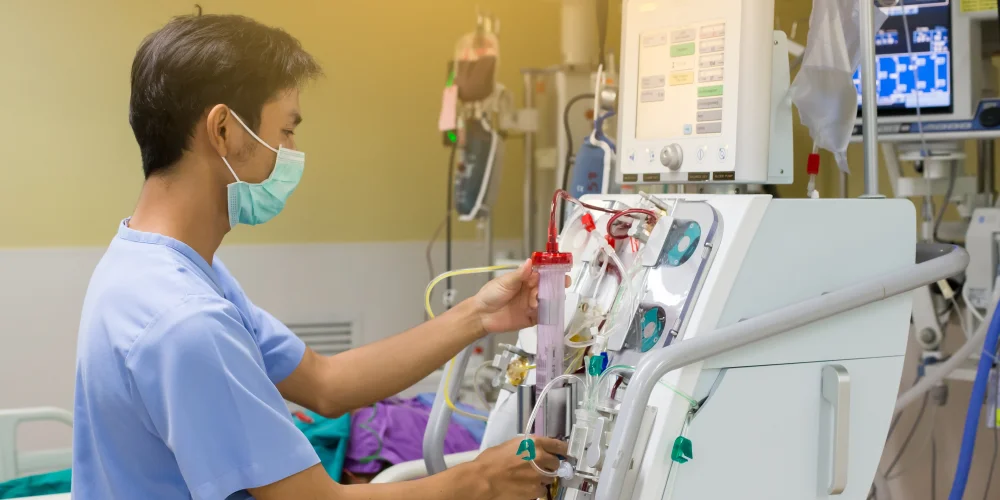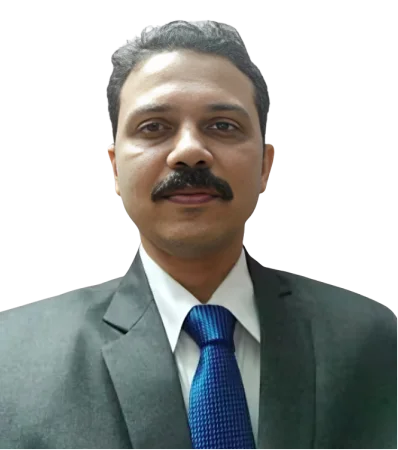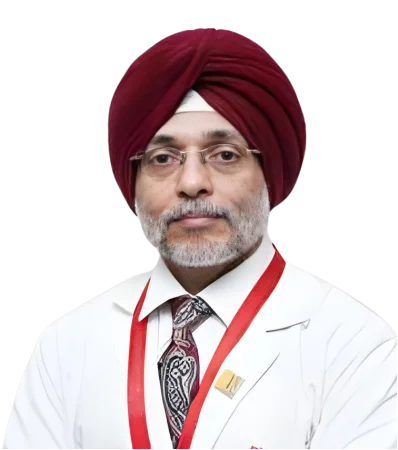Enhancing Kidney Health Care
Continuous Renal Replacement Therapy at Chirayu Superspeciality Hospital
Continuous Renal Replacement Therapy (CRRT), similar to SLED (Sustained Low-Efficiency Dialysis), is a variation of Hemodialysis meant to support unstable or seriously ill patients. Blood is circulated more slowly; RRT plays an integral part of treating acute kidney injury and end-stage renal disease patients.

Chirayu Super speciality hospital is one of the few centers offering Continuous Renal Replacement Therapy or CRRT, an innovative dialysis method where even critically ill patients can be dialyzed without compromise to their hemodynamics and blood pressure. Nephrologists monitor closely this form of treatment that makes an immediate impact in seriously sick/ill patients; especially if any patient suffers acute kidney injury that requires hospitalization; we offer it as one of our primary therapies and aim to restore lost function as best as possible through our CRRT treatments.
Our Continuous Renal Replacement Therapy (CRRT) preserves essential kidney functions by removing excess water, electrolytes, and toxins from the blood while regulating acid/base balance. Administered exclusively in our ICU, our ICCU beds feature bedside dialysis for seamless care.
Continuous Renal Replacement Therapy will continue until your patient’s kidneys begin improving, which our CRRT therapy specialist can assess by reviewing blood pressure, fluid status, weight, heart rate and respiratory rate measurements. Once we know exactly what treatment plan the patient requires for maximum benefit CRRT will begin and medical staff can monitor patient care closely while also keeping in contact with nurses, paramedical staff, respiratory therapists, social workers and other support staff who assist our medical care support services – we are one of the largest dialysis centers in Western suburbs performing over 12000 dialysis treatments every year!
What Our Patients Say
Hear from our valued patients about their experiences at Chirayu Super Speciality Hospital and how our care has made a positive impact on their health and well-being.


The CRRT service at Chirayu Hospital exceeded my expectations. They ensured my comfort and well-being throughout.


I owe my recovery to Chirayu Hospital's CRRT unit. Their dedication and expertise are truly commendable.


Chirayu Hospital's Continuous renal replacement therapy service was a blessing during my kidney treatment. Their compassionate approach stands out.


CRRT at Chirayu Hospital restored my health. Thankful to the dedicated doctors and nurses who made a difference.


I experienced exceptional care with CRRT at Chirayu Hospital. Their supportive staff made a challenging time easier.


Chirayu Hospital CRRT team guided me through a tough recovery phase. Their expertise and care were reassuring.
Meet Our Medical Specialists
Experience advanced Continuous Renal Replacement Therapy at Chirayu Super Speciality Hospital with expert, compassionate nephrologists.
Frequently Asked Questions
Here, we provide answers to some of the most commonly asked questions to help you better understand our services, policies, and facilities. If you have any additional questions, please do not hesitate to contact us.
CRRT is a medical therapy used in intensive care units to manage patients with acute kidney injury (AKI) or severe kidney dysfunction. It involves the continuous removal of waste products and excess fluids from the blood.
CRRT is used when a patient’s kidneys are unable to adequately filter waste and excess fluids from the blood, leading to dangerous levels of toxins and fluid overload.
CRRT differs from hemodialysis in that it is slower and performed continuously over 24 hours or longer periods. Hemodialysis, on the other hand, is intermittent and typically lasts for a few hours.
Yes, CRRT can be used cautiously in patients with heart failure to manage fluid overload and electrolyte imbalances, with careful monitoring of hemodynamic status.
CRRT provides gentler and more gradual fluid and solute removal, making it suitable for hemodynamically unstable patients who cannot tolerate the rapid changes associated with conventional hemodialysis.



